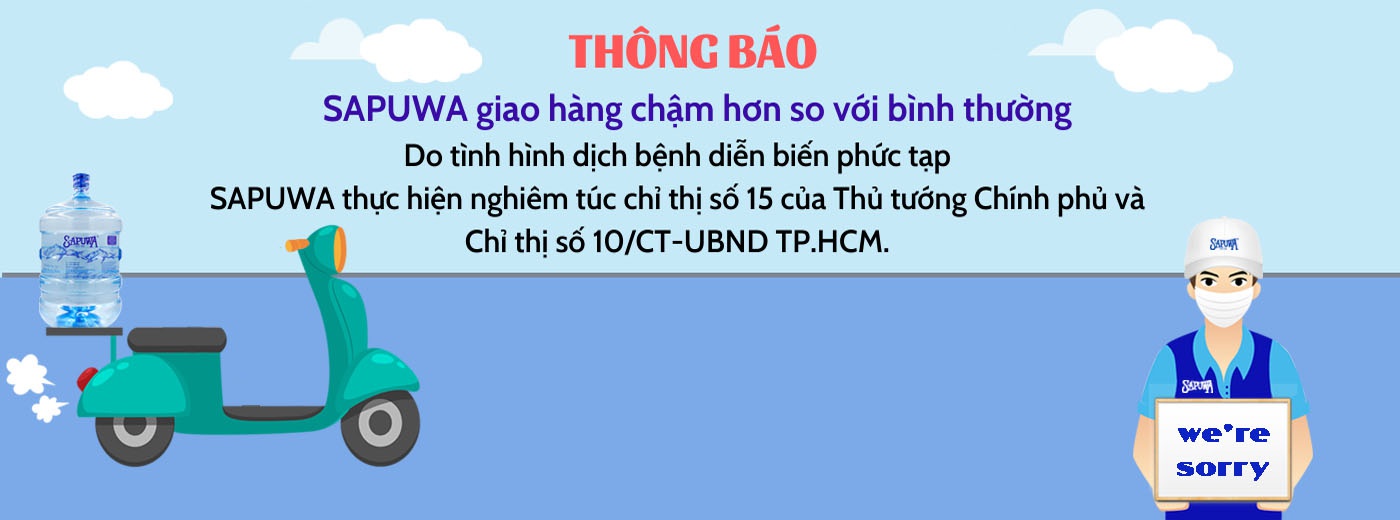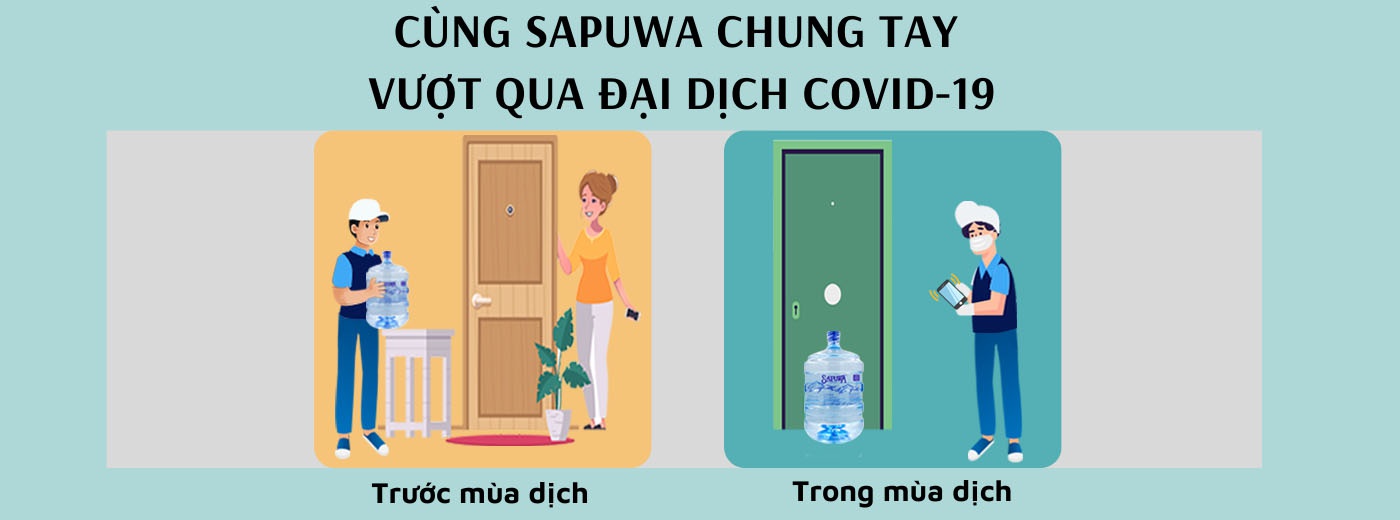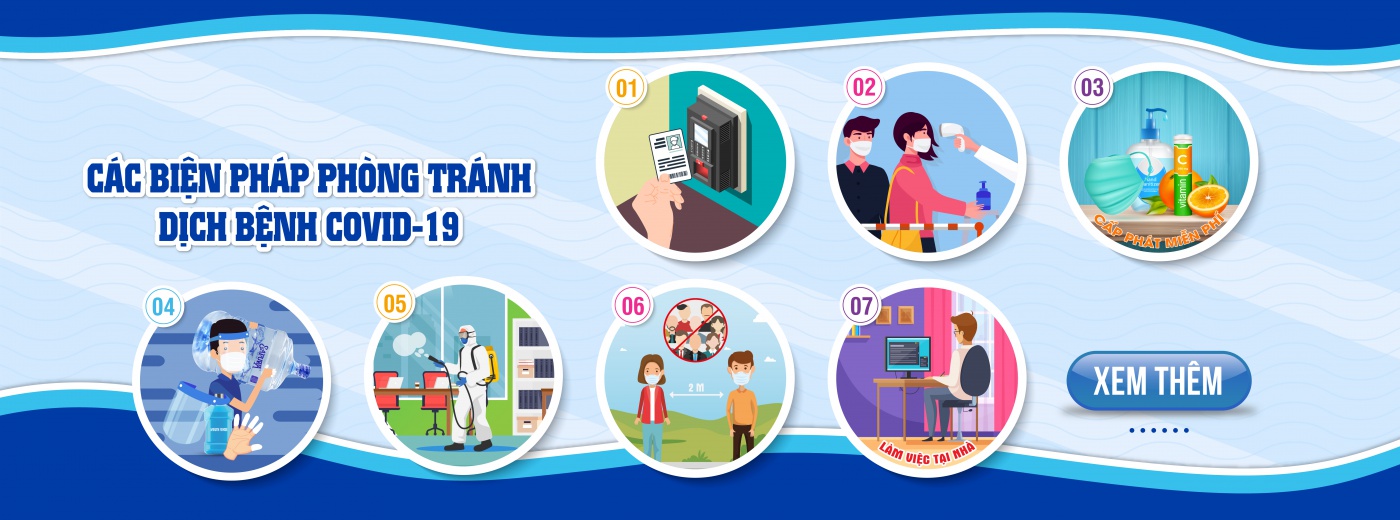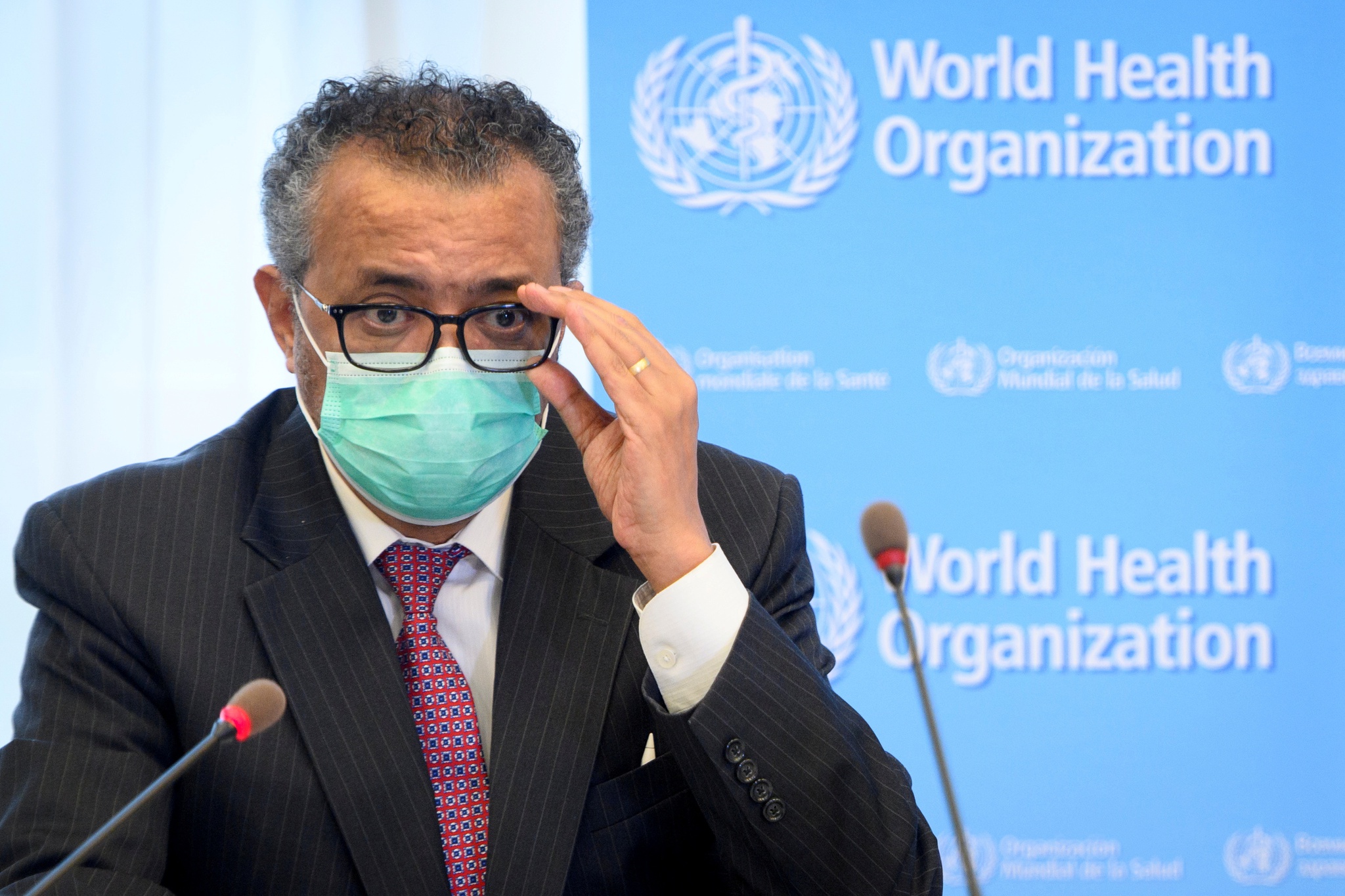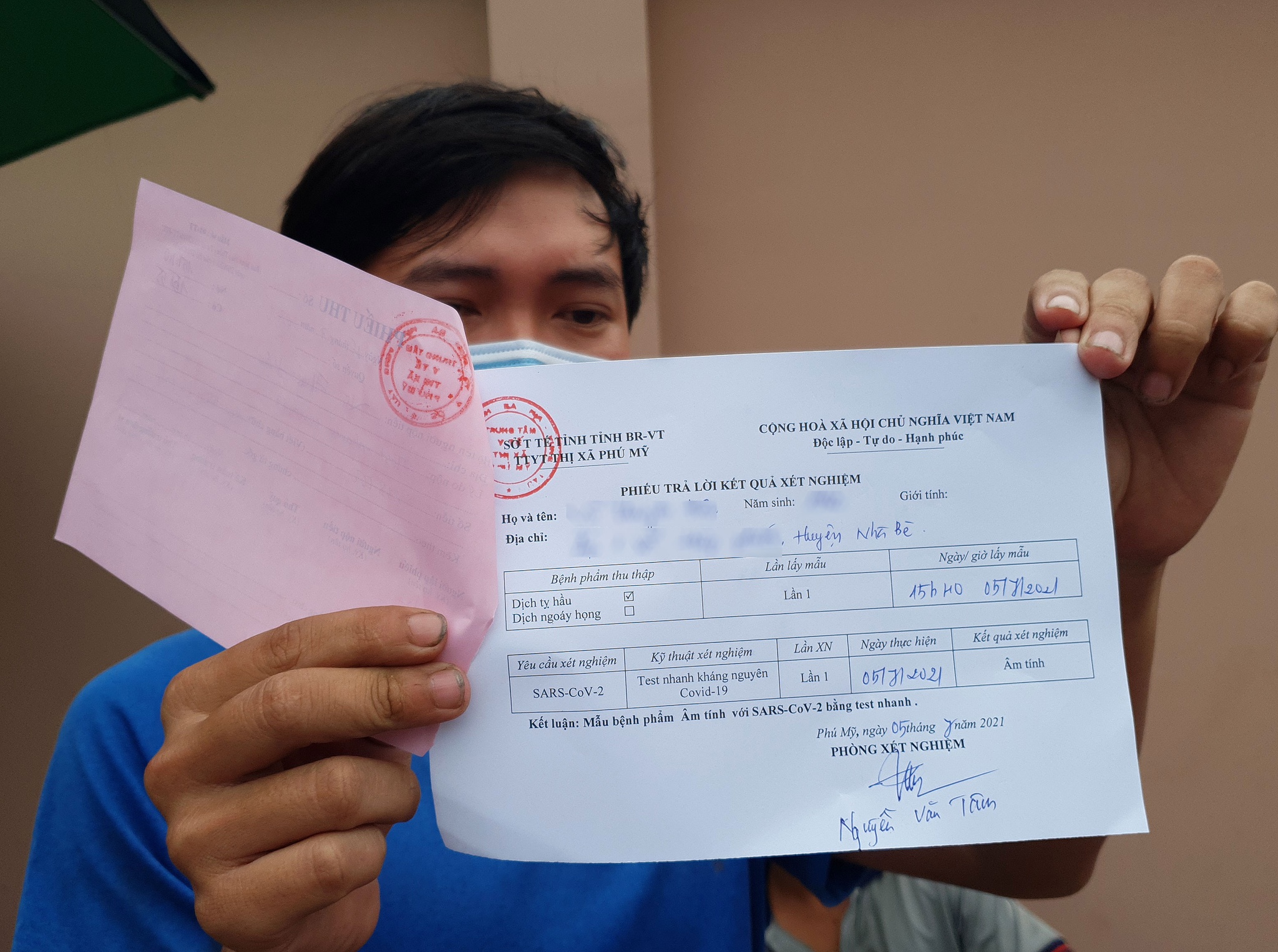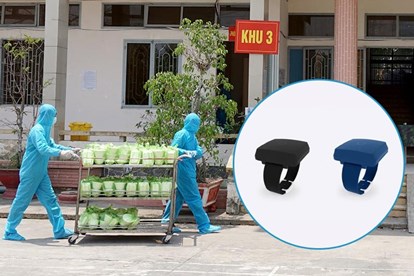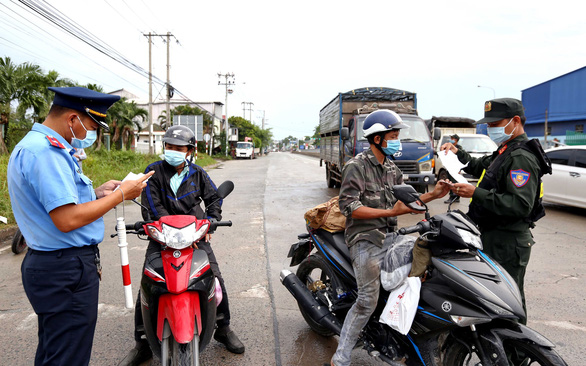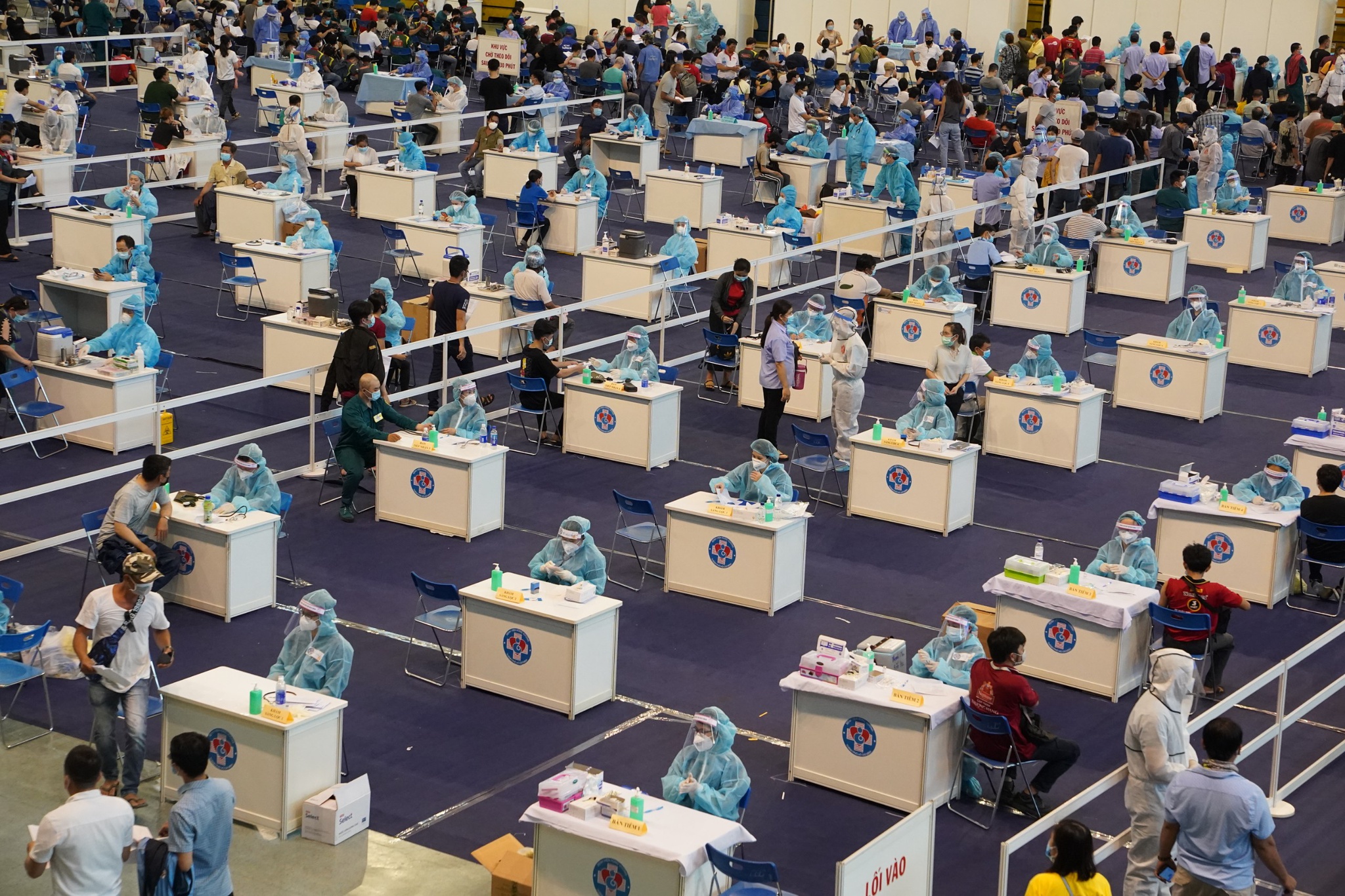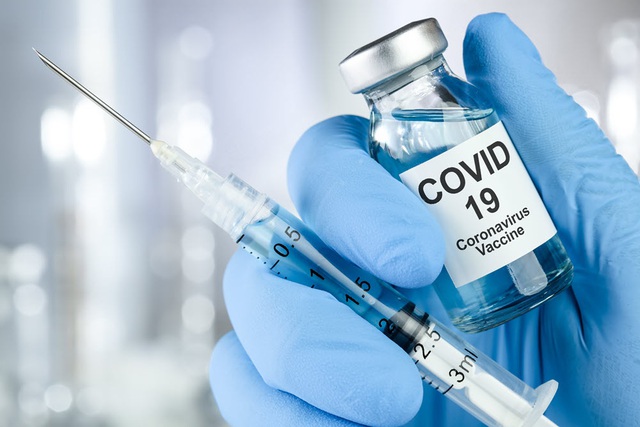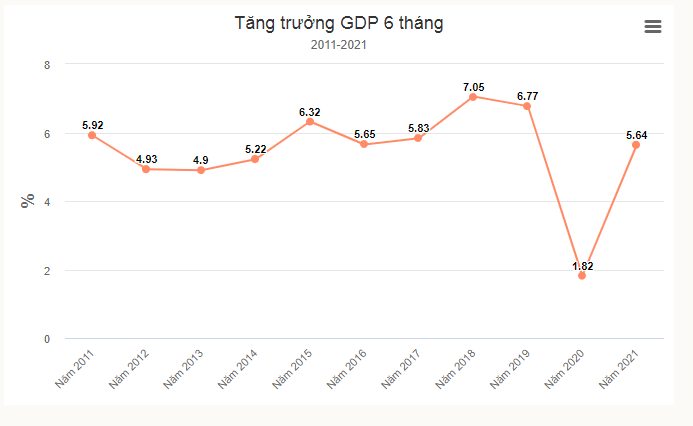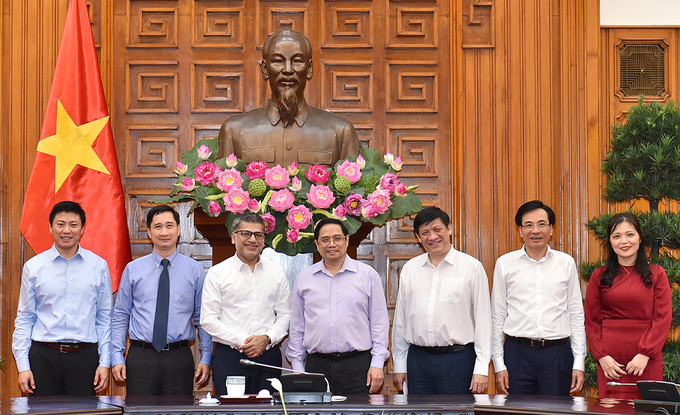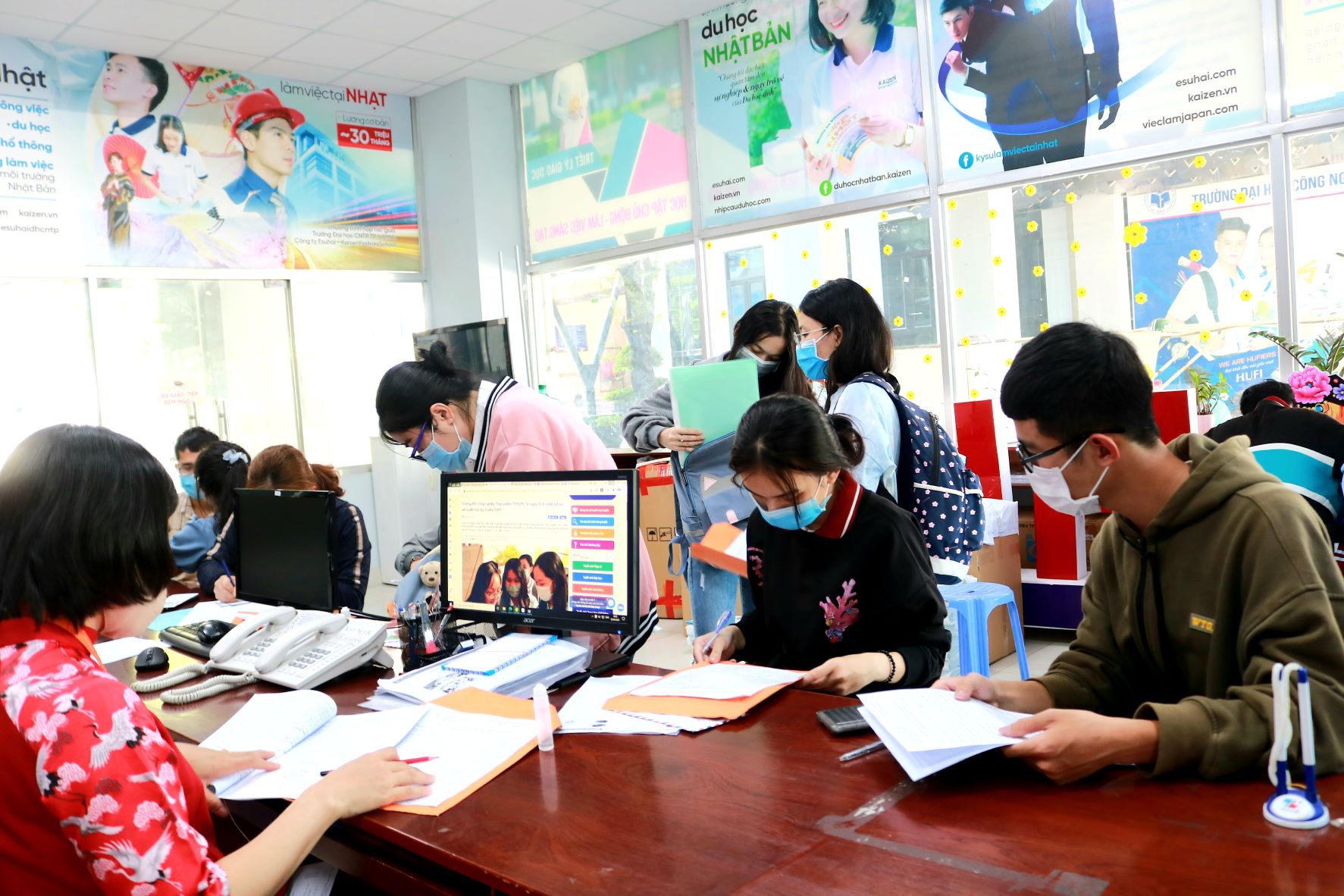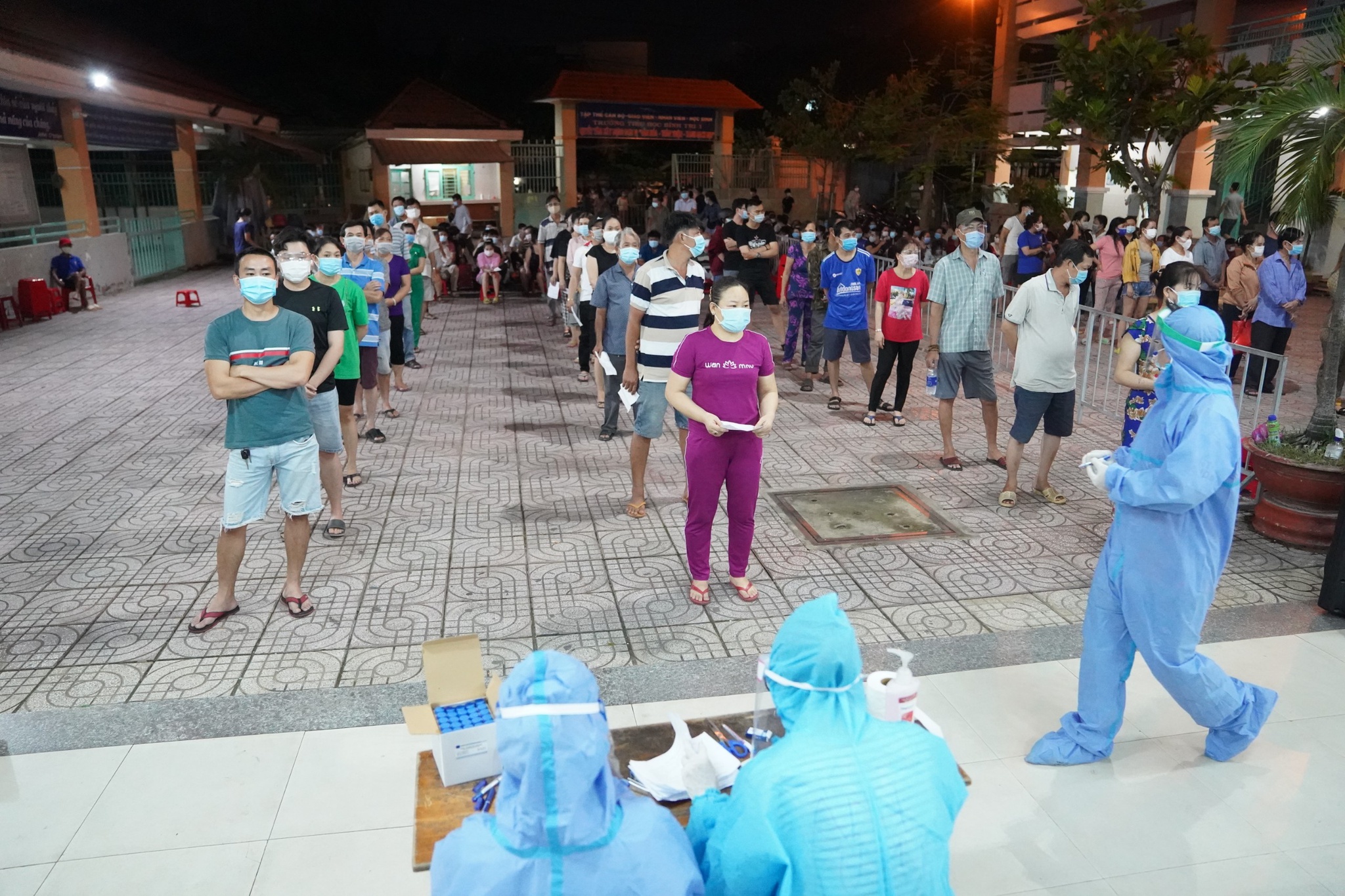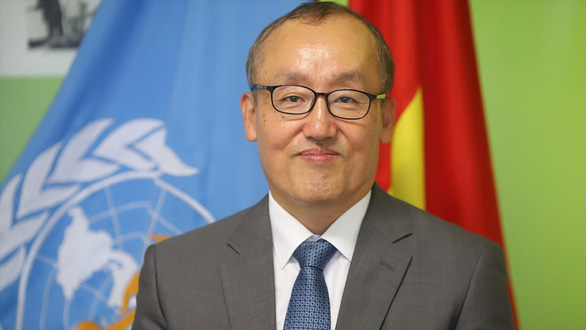THÔNG TIN SƯU TẦM

South Africa steps up hygiene in health facilities to protect against COVID-19
Good hygiene practices such as hand hygiene, use of personal protective equipment and cleaning and disinfection of medical equipment and environment – just some of the elements of infection prevention and control (IPC) – are at the forefront of COVID-19 responses worldwide. They protect both patients and health workers from infection.
From the outset, the Government of South Africa prioritized scaling up of IPC; a vital component of quality care and a key element in achieving universal health coverage (UHC). The National Department of Health, among other measures, urgently approved the ‘National IPC Strategic Framework’ and a practical manual for its implementation, which was developed with support from WHO. The timing was crucial in order to support the national control and response to COVID-19.
In low- and middle-income countries, healthcare-associated infections are double those in high-income countries. Strong IPC measures will help save lives among the 58 million people living in South Africa, especially in vulnerable populations. They have a direct impact on preventing healthcare-associated infections and the spread of COVID-19, as well as in combatting current threats posed by epidemics such as Ebola and cholera, other pandemics like influenza, and antimicrobial resistance (AMR), which are increasingly major challenges to public health.
“I believe and trust that this strategic framework for IPC and the practical manual for its implementation will strengthen evidence-based infection practices at national, provincial, district and health facility levels towards combating threats posed by epidemics, pandemics and antimicrobial resistance,” said Dr Anban Pillay, Acting Director General, National Department of Health, South Africa.
This support was provided through the UHC Partnership as part of WHO’s overall COVID-19 response. The Partnership is funded by the European Union (EU), the Grand Duchy of Luxembourg, Irish Aid, the Government of Japan, the French Ministry for Europe and Foreign Affairs, the UK Department for International Development and Belgium.
Source: who.int
Collected by My Nguyen
Tổng giám đốc WHO: Chưa thể loại trừ khả năng Covid-19 rò rỉ...
Người đứng đầu Tổ chức Y tế Thế giới (WHO) ngày 15.7 cho biết vẫn còn quá...
Một tuần đi qua
Vậy là đã qua được một tuần cách ly toàn TP.HCM theo chỉ thị 16
Khổ vì giấy xét nghiệm Covid-19
Ngày 5.7, tại cuộc họp trực tuyến của Ban Chỉ đạo quốc gia phòng, chống...
TP.HCM đề xuất giám sát người cách ly tại nhà bằng thiết bị...
Sở Thông tin và truyền thông TP.HCM vừa có văn bản đề xuất UBND TP.HCM về...
Không 'đóng cửa' nhưng sẽ kiểm soát chặt chẽ người ra vào...
TP.HCM không đóng cửa hay phong tỏa nhưng sẽ kiểm soát chặt chẽ người ra vào...
TP.HCM: Chiến dịch tiêm 836.000 liều vắc xin Covid-19 kết thúc hôm...
Tính đến hết ngày 29.6, TP.HCM đã tiêm trên 805.000 liều vắc xin Covid-19 trong...
Tại sao 'gánh' dịch, kinh tế vẫn tăng trưởng gấp ba cùng kỳ
Con số GDP 6 tháng tăng 5,64% khiến giới phân tích bất ngờ bởi 2 quý vừa qua,...
Đề nghị Astra Zeneca chuyển cho Việt Nam 10 triệu liều vaccine
Lãnh đạo Chính phủ đề nghị Công ty AstraZeneca tạo mọi điều kiện thuận...
Dịch Covid-19 lan mạnh: Không thi mà xét tốt nghiệp, trường ĐH...
Trước những mong muốn của thí sinh, phụ huynh tổ chức xét tốt nghiệp thay vì...
Dịch vẫn lan nhanh, TP.HCM cần thêm 'thuốc mới'?
Số ca nhiễm tại TP.HCM vẫn tăng lên, ở mức 3 con số mỗi ngày, dù đa số ở...
Trưởng đại diện WHO tại Việt Nam: Người dân TP.HCM hãy tuân...
Theo TS Kidong Park, vai trò của vắc xin trong việc kiểm soát ổ dịch cấp tính còn...
344567942350826358571066.jpg&w=1400&h=520)
522608805487.jpg&w=1400&h=520)
